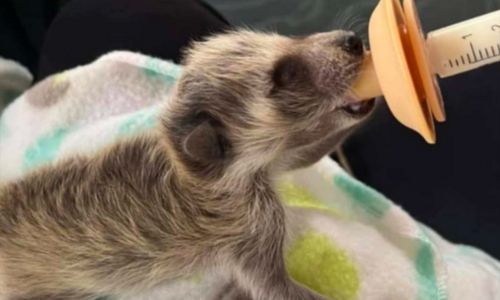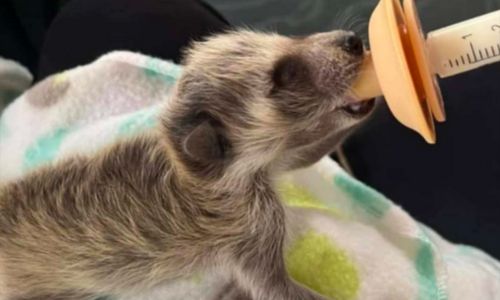Montgomery, AL – A bill aimed at expanding legal protections for individuals who care for injured or orphaned wildlife is moving forward in the Alabama Legislature. House Bill 448 (HB448), known as the Alabama Good Samaritan Wildlife Rehabilitation Act, was introduced by State Representative Ben Harrison (R-District 2, Limestone/Lauderdale) and recently passed the House Subcommittee on Agriculture and Forestry by a 9-3 voice vote. It will now proceed to the full House for consideration.
HB448 would allow individuals to provide temporary care or treatment, in good faith, to wild birds and animals that are not federally protected or listed as endangered, with the goal of returning them to the wild. The bill outlines several restrictions, including a limit of six months for care and requirements to notify the Alabama Department of Conservation and Natural Resources (ADCNR) of treatment dates. It also clarifies that it does not authorize unlicensed veterinary practices or exempt individuals from animal cruelty laws.
The proposed legislation comes in response to concerns raised by wildlife advocates about current state policies that limit wildlife rehabilitation. Organizations such as the Alabama Wildlife Conservation and Rehabilitation Society (AWCRS), North Alabama Wildlife Rehabilitators, and Alabama NEEDS Wildlife Rehabbers have publicly supported HB448, citing a significant decline in licensed wildlife rehabilitators in Alabama over the past decade.
In previous public statements, officials with the Alabama Wildlife and Freshwater Fisheries Division (WFF) have defended the current policies. Ray Metzler, Assistant Chief of Wildlife for WFF, said in a 2013 interview that from a biological standpoint, “there is no biological reason to rehabilitate these animals,” emphasizing a “survival of the fittest” approach.
The debate has also attracted national attention. Public figures such as Donald Trump Jr. and U.S. Senator J.D. Vance have criticized strict wildlife rehabilitation laws, arguing they unfairly punish citizens trying to help animals.
A Change.org petition supporting reform efforts has gathered over 12,000 signatures, and a February 2025 statewide poll found that 66% of Alabamians support legislation allowing individuals to care for injured or orphaned wildlife, with only 14% opposed.
Under HB448, the Department of Conservation and Natural Resources would be tasked with adopting rules to implement the act, which would take effect on October 1, 2025, if passed.
Supporters of the bill argue that it strikes a balance between allowing compassionate care for wildlife while maintaining necessary legal safeguards. Opponents have expressed concerns about public safety and the potential for untrained individuals to inadvertently cause harm to animals or themselves.
The Alabama Legislature is expected to continue discussion on HB448 in the coming weeks.





